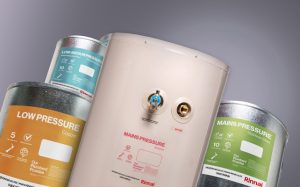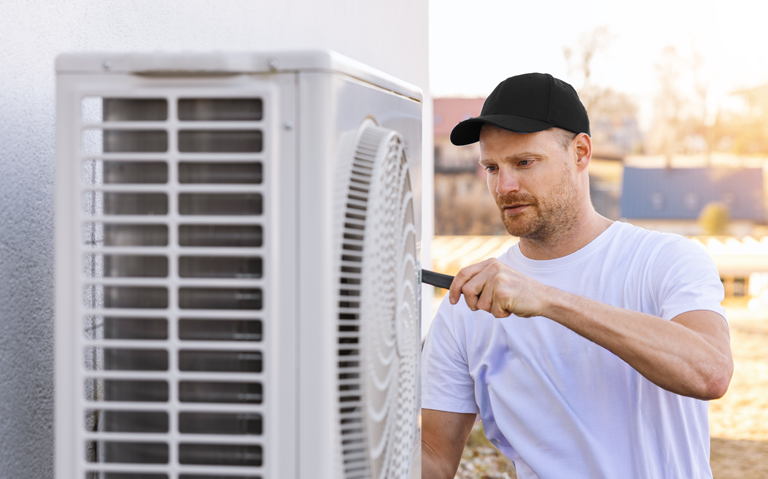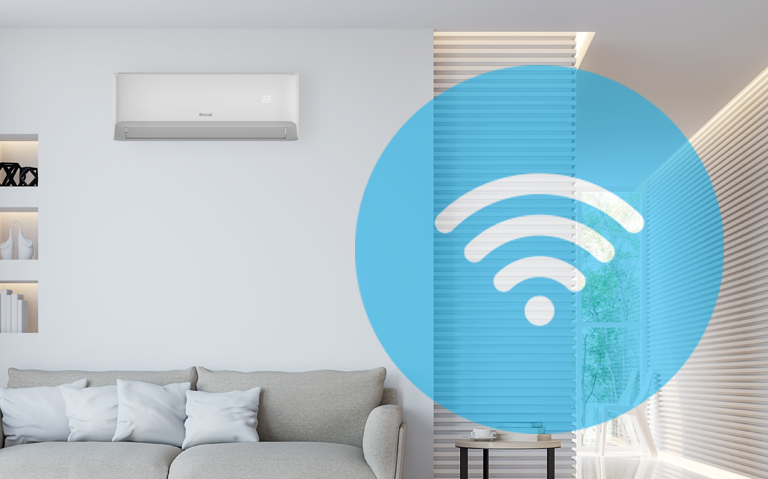These are gas-fuelled continuous flow water heaters that use “condensing technology” to increase their energy efficiency. It makes them 8 to 15 percent more efficient than a standard continuous flow water heater.
This extra efficiency is possible as they preheat the incoming water with ‘waste’ heat extracted from the flue gas. This heat would otherwise be expelled from the appliance. This extraction process causes the flue gas to condense into liquid, hence the term ‘condensing water heater’.
Secondary heat exchangers
Condensing water heaters are usually designed with a secondary heat exchanger, along with the standard primary heat exchanger that’s in every continuous flow water heater. This secondary heat exchanger allows the appliance to extract more heat from the flue gas.
This additional heat exchanger means that the appliance can increase efficiency above 83%, the efficiency at which flue gas begins to condense. Because condensed liquid corrodes copper, secondary heat exchanges are constructed from stainless steel instead of copper.

The payback in savings
The big benefit from condensing appliances is lower running costs through energy savings. And the energy savings will be substantial over the lifetime costs of the appliance.
In a domestic application, the average savings will be between $40 and $100 per year – depending on the hot water usage, the region of the installation and the gas type used. For the average family, total savings over the usual 10 to 15 year life of the appliance will usually cover more than the additional cost of the appliance.
Rinnai New Zealand have two condensing water heaters available:
- The Rinnai INFINITY® EF26 is our domestic condensing water heater.
- The Rinnai INFINITY® N Series are our commercial appliances designed for commercial applications, along with larger domestic requirements.


















